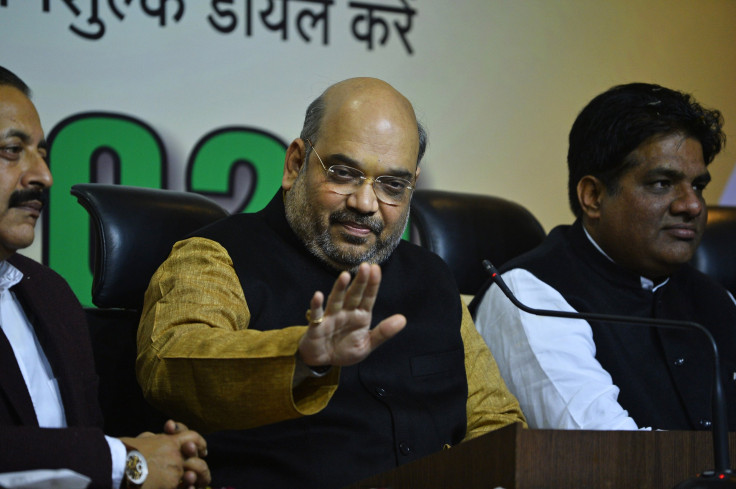Kashmir: India Shakes Up 7-Decade Long Status Quo, Scraps State's Special Status

In a significant step, the Indian government led by Prime Minister Narendra Modi on Monday scrapped the 70 –year old special status of Kashmir state and announced its decision to split the state into two union territories-Jammu & Kashmir and Ladakh.
Announcing this, India’s Home Minister Amit Shah said in Parliament that the government has annulled the special status of Jammu and Kashmir by modifying Article 370 of the Constitution.
Accordingly, the President of India issued a gazetted order called the Constitution Application to Jammu and Kashmir Order, 2019 superseding the incumbent Constitution (Application to Jammu and Kashmir) Order, 1954.
Shah said that Jammu and Kashmir along with Ladakh will become Union Territories. While Ladakh UT will be without a legislature, J&K UT will have a legislature.
Amit Shah said the entire Indian constitution will apply to Jammu and Kashmir.
The repeal of Kashmir’s special status drew protests from opposition lawmakers including leaders from Kashmir.
Alongside scrapping the special status, the government also lifted the ban on property purchases by non-residents. This means any Indian can buy a property, invest and settle in Jammu & Kashmir state just as he can in any other Indian state.
Modi government’s new initiatives on the border state made some hard India news beyond the usual efforts at combating militancy in the state.
Privileges from the special status
The decade-long special status under article 370 had bestowed many privileges including reservation in government jobs and seats in academic institutions to local Kashmiris.
The status has been sacrosanct with the regional politicians and national parties like the Indian National Congress. They call it the soul of the state’s existence.
But a sizable opinion in the national political spectrum wanted its abrogation citing it as a barrier to peace, development, emotional integration to the country, and curtailing investment and blocking constitutional benefits to different sections of the population.
The decision to end special status drew a strong reaction from many sections. Some hailed it as a new chapter and peace and development while some local leaders called it a betrayal of people.
“Today marks the darkest day in Indian democracy,” said Mehbooba Mufti, a former chief minister of Jammu and Kashmir.
Ram Madhav, general secretary of ruling BJP hailed the government’s step as “glorious.”
Pakistan’s reaction
Claims and counterclaims had made Kashmir a flashpoint between India and neighboring Pakistan. India’s step on abrogating the special status of the region drew a reaction from Pakistan.
Pakistan condemned the decision and said it would “exercise all possible options to counter the illegal steps,” its foreign ministry said in a statement.
While India blames Pakistan for fomenting militancy in the state it says it is only backing indigenous groups.
India, on its part, claims that part of Kashmir now ruled by Pakistan (POK) as its integral part and many political parties also talk about re-uniting it with the Indian Kashmir.
Partitioning Jammu and Kashmir into two union territories will also increase the number of India’s centrally-ruled administrative divisions to nine.
© Copyright IBTimes 2024. All rights reserved.





















